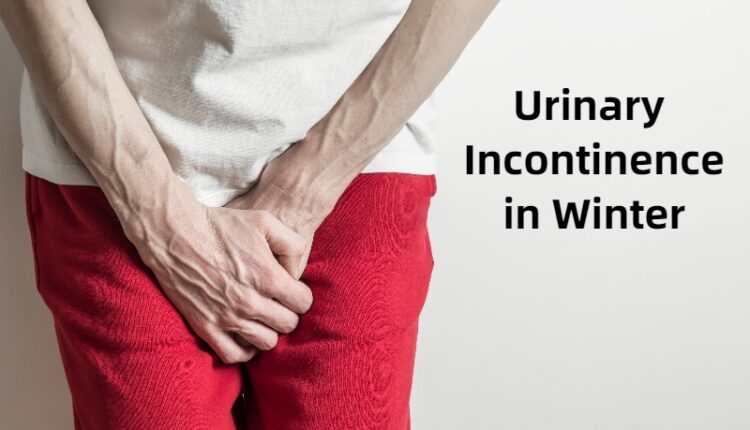Urinary incontinence is a common condition that affects millions of people in the United States each year. Urinary incontinence (sometimes called bladder leakage) describes the inability to control urination or hold your urine until you are ready to use the toilet.
Urinary incontinence may be caused by a variety of factors such as:
- Aging
- An enlarged prostate in men (prostatism)
- Birth defects involving urinary tract structures
- Hormone changes due to pregnancy, childbirth or menopause or because of decreased estrogen levels after menopause
Prevention of Incontinence
Here are some of the best ways to prevent or manage incontinence:
- Exercise and diet—Exercise can help you maintain a healthy weight, which is important for overall health. Losing weight also helps reduce stress on your bladder and pelvic floor muscles. If you’re overweight, talk with your Urologist about losing weight through diet and exercise before trying other treatments for urinary incontinence.
- Stress reduction—Stress may cause or contribute to muscle tension in the pelvic region, leading to urinary incontinence. If you feel stressed out, try relaxation techniques such as deep breathing exercises or meditation before going to bed at night. Reducing stress will also help reduce muscle tension in the pelvic region and improve bladder control over time.
Urinary incontinence can have a big impact on your quality of life.
Urinary incontinence is a common condition that affects both men and women. It’s when you leak urine at unexpected times, such as when you laugh, cough or sneeze.
Urinary incontinence can have a big impact on your quality of life—but there are many things that can help with symptoms. For example:
- Getting checked by new york Urologists to find out what type of urinary incontinence you have and what’s causing it. And if needed, getting treatment right away!
- Losing weight (if overweight). This may help ease pressure in the pelvic area that causes leakage problems. Or if someone has stress urinary incontinence caused by weakness in the muscles supporting the bladder neck, losing weight may help strengthen these muscles enough so they don’t spasm anymore during coughing, laughing or other activities that put pressure on them; this would prevent leakage as well!
Conclusion
The best way to manage urinary incontinence is to see urologists in new york. The urologist will be able to assess whether there are underlying medical conditions that may be contributing to the problem, as well as offer treatment options for managing symptoms.


Comments are closed.